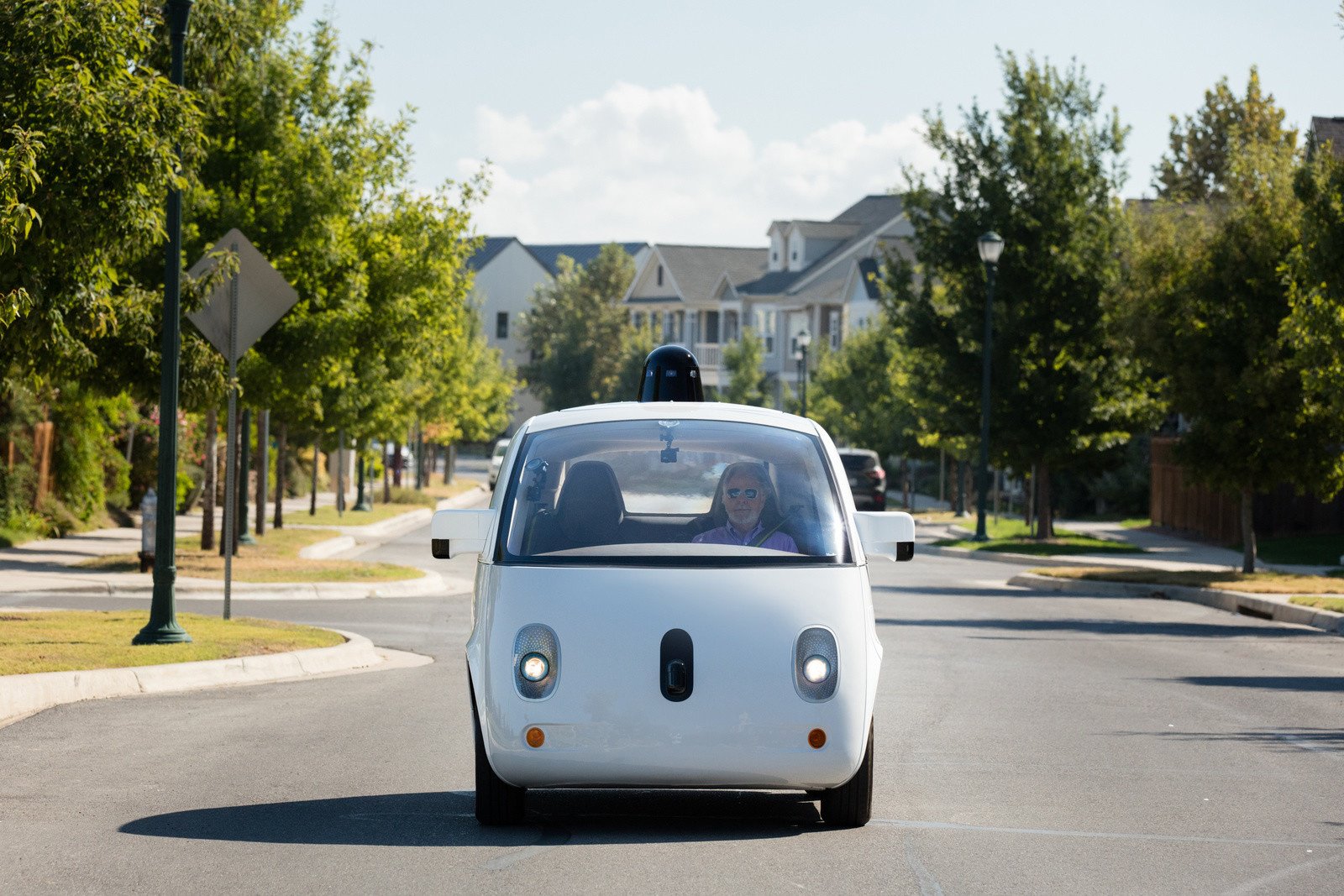(REPOST: Muzi)
No Driving Required: What Automated Vehicles Mean For Our Future
You know driverless cars are coming. You’ve heard about them. But what exactly do they mean for our future? In this article, we break it down.

Like many, you may have spent this morning sitting in an hour of bumper-to-bumper traffic, impatiently tapping your steering wheel as you inched ever so slowly toward your office.
This is the norm for millions of people around the world, but all that looks like it will be changing, and sooner than you might think.
Autonomous vehicles (AV) are The Next Big Thing in the tech industry. It might sound a little like a farfetched science fiction movie, but think back to those landline locked days when phones were used merely for necessary communication. Who could have envisioned a world in which we all hold the internet in our hands?
Yet in 10 years that has become our reality, and it looks as if the same will be true for driverless cars. Google, Uber, and Tesla – to name a few – are already developing and testing prototypes, and some autonomous features are currently available in certain cars.
So what does this new world of driving mean for us? That’s the big question, and it’s not so easily answered. However, what we do know points to some pretty exciting things as this technology revolutionizes the way we all travel.
What Does It Mean for Safety?
One of the greatest pushes for autonomous vehicles is the obvious improvements in safety that would result. In 2016, the United States alone saw over 31,000 fatal car accidents, resulting in over 35,000 deaths, most of these attributed to human error. Take the human out of the equation and you have a possible solution to this problem.
This increased safety is pretty much guaranteed. The automated vehicles will have the internal technology to “talk,” not just to us, but to roads, other vehicles, and even traffic signals. The sole job of the driverless vehicle will be to safely deposit its passengers at their destination.
Think of all the risks drivers currently face:
• Distraction of mobile devices
• Road rage
• Drowsiness/sleepiness behind the wheel
• Driving under the influence of alcohol or drugs
• Attending to children’s needs while driving
• Running late and rushing
The list goes on and on – drivers are at risk primarily because human beings are flawed, and even the best driver can have a bad day. Driverless vehicles take these risk factors out of our transportation experience.


